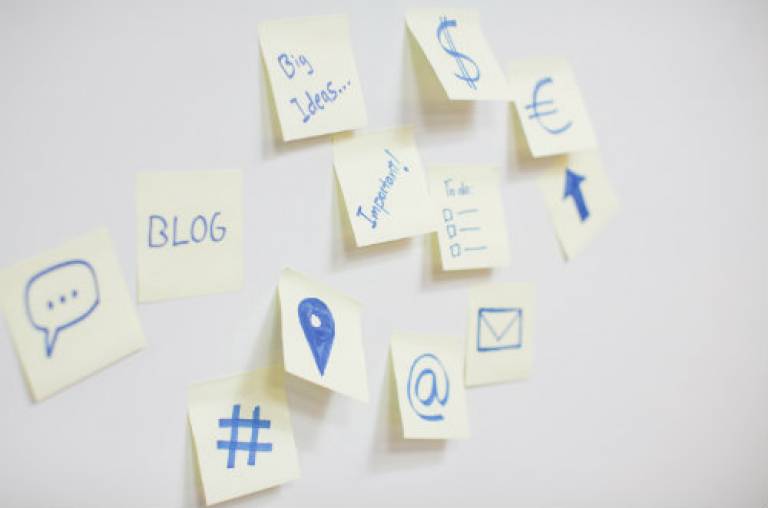Students tackle real-world problems set by external partners in 'How to Change the World'
Dr Kate Roach explains how 'How to Change the World' is an immersive two-week design and problem solving-activity which allows engineering students to see their expertise in a social context.

6 January 2016
This programme gives 700 second year engineering students from different disciplines the opportunity to tackle a twenty-first century global challenge using their engineering, business and IT skills.
Real challenges set by external partners
External partners work with us to set challenges and then we invite them in to work with our students on two days of the programme. All challenges are real world issues that require, engineering expertise, along with business and IT.
Our partners come from the private, public and third sectors as well as our own research expertise to offer students a real-world experience and a chance to network.
Students are given very broadly defined challenges that range from such issues as:
- supplying energy services to rural African locations
- redesigning domestic appliances and markets for re-use rather than disposal
- finding solutions to overcrowded and congested transport systems in growing urban centres.
The students must produce a design concept that involves multiple sets of expertise.
A competitive edge: students learning valuable workplace skills
On the final day we run a trade-show style event, which, this year, will include a ‘Dragons Den’ style panel pitching session.
Students are assessed by both academics and partners and prizes are awarded for the best ideas.
We invite academics and partners to the final showcase, along with alumni and postgraduate students.
We run ten challenges and choose an overall winning idea from each.
Some of our external partners have invited winning teams to present to their colleagues in their own offices. Our aim this year will be to make certain this happens for all winning teams.
After the two weeks, we encourage students to keep working on their idea. In 2015 our overall winners were given a Student Fellowship at the RSA, where they have been able to contact the networks and support they need to progress their ideas.
 Close
Close

